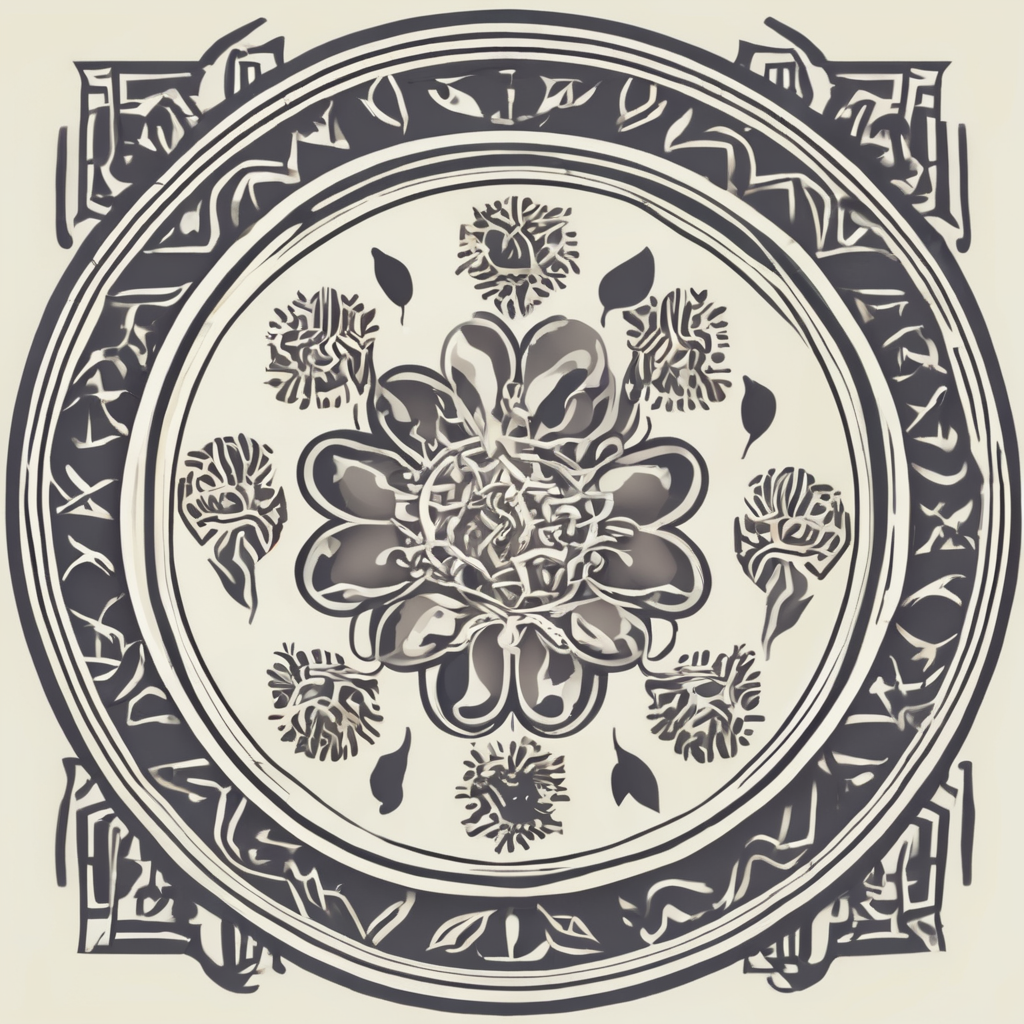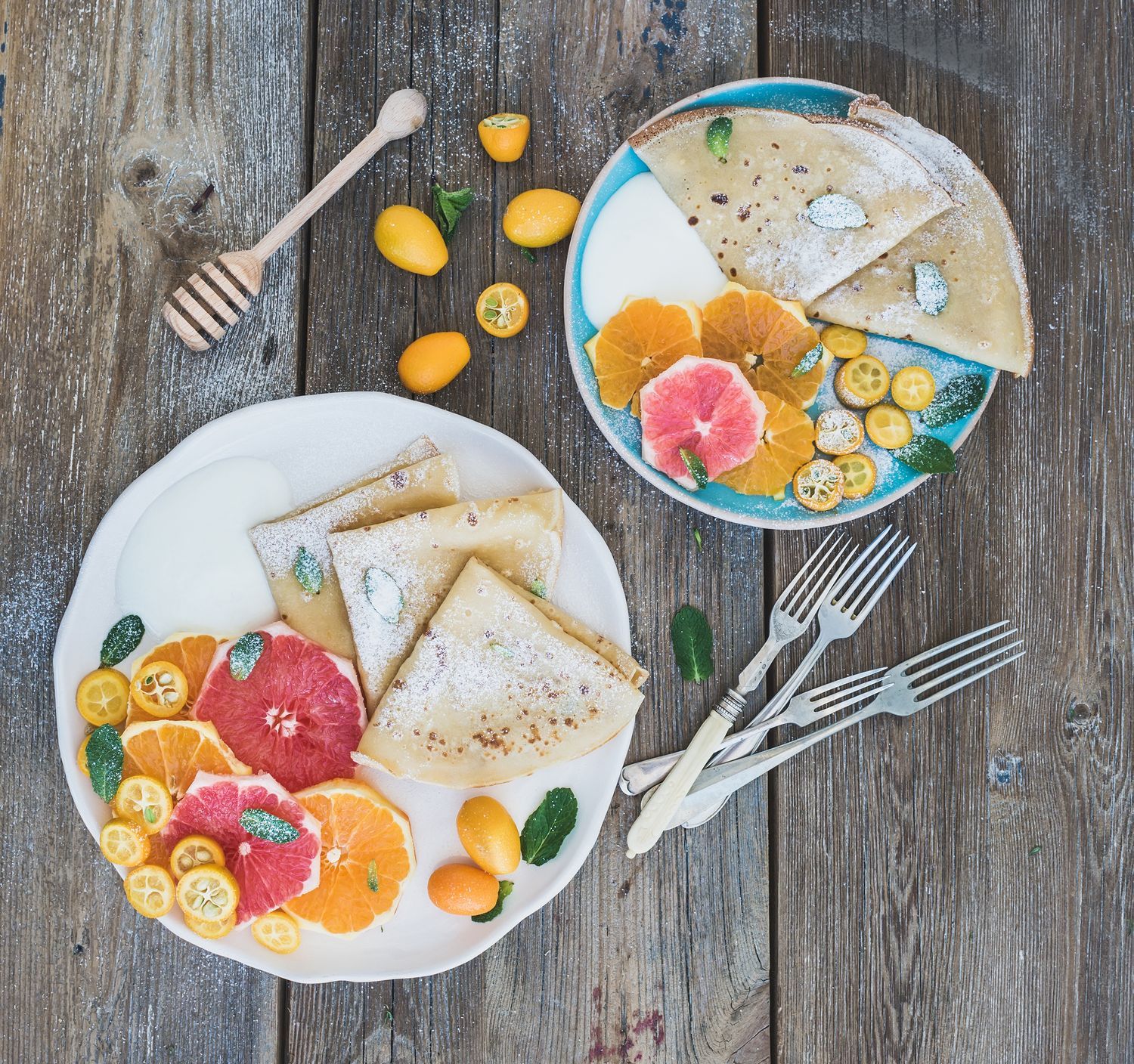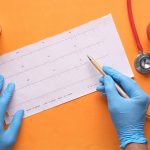As expecting mothers, you naturally have the health of your baby at the forefront of your thoughts. One important aspect of this is your diet. The food you eat not only provides sustenance for you, but also the important building blocks for your developing baby. One key nutrient you need in high amounts during pregnancy is vitamin B12. This vitamin is necessary for proper brain function and the production of red blood cells. But, how do you ensure you’re getting enough, especially if you’re following a plant-based diet? In this article, we’ll explore ways to maintain adequate levels of this important nutrient, with a special focus on vegan and vegetarian diets.
Vitamin B12: Why It’s Important
You might be wondering why there’s so much emphasis on vitamin B12. Vitamin B12 is an essential nutrient that your body needs but cannot produce. It’s crucial for the health of your nervous system and the production of DNA. A deficiency in vitamin B12 can lead to serious health problems, including anemia, nerve damage, and even birth defects in your baby.
Also to read : Which UK Organizations Offer Comprehensive Support for Postpartum Depression?
For pregnant women, the Recommended Dietary Allowance (RDA) for vitamin B12 is 2.6 micrograms per day. It’s important to meet this target consistently to support your health and the health of your baby. For those following a vegan or vegetarian diet, however, meeting this target can be more challenging.
Vitamin B12 in Vegan and Vegetarian Diets
You may be aware that vegan and vegetarian diets are often low in certain nutrients, such as vitamin B12, iron, calcium, and protein. This is because these nutrients are typically found in higher quantities in animal-based foods.
In parallel : What Is the Protocol for Handling Unplanned Home Births in Rural UK Regions?
The primary sources of vitamin B12 are animal products like meat, poultry, fish, and dairy. It’s difficult to get adequate amounts of this important nutrient from plant-based foods alone. Therefore, if you’re following a vegan or vegetarian diet, you’ll need to take extra measures to ensure you’re getting enough vitamin B12.
That doesn’t mean being vegan or vegetarian is incompatible with a healthy pregnancy, far from it. It just signifies that smart planning and dietary choices are necessary to meet your nutritional needs and those of your baby.
Addressing Vitamin B12 Deficiency in Pregnancy
If you suspect you may have a vitamin B12 deficiency, it’s important to consult with your doctor immediately. Symptoms of vitamin B12 deficiency can include fatigue, weakness, constipation, loss of appetite, and weight loss.
In pregnancy, vitamin B12 deficiency can have serious implications for both the mother and the baby. For the mother, it can increase the risk of preeclampsia, miscarriage, and premature birth. For the baby, it can result in neural tube defects, impaired growth, and potentially, developmental delays.
Your doctor can conduct a blood test to check your vitamin B12 levels. If you’re deficient, they may recommend dietary changes, or in severe cases, vitamin B12 injections.
Food Sources and Supplements for Vitamin B12
There are several ways you can increase your intake of vitamin B12. Firstly, look for foods that are fortified with vitamin B12. Many breakfast cereals, plant-based milks, and meat substitutes are fortified with this nutrient.
Secondly, consider a vitamin B12 supplement. This is often the most reliable way to ensure you’re getting enough vitamin B12, especially if you’re vegan or vegetarian. Your healthcare provider can advise you on the appropriate dose.
Another potential source of vitamin B12 is nutritional yeast. This is a popular food product among vegans, as it provides a cheese-like flavor and is often fortified with vitamin B12. You can add it to a wide range of dishes for an easy nutrient boost.
Remember, while it’s important to ensure you’re getting enough vitamin B12, it’s also crucial not to overdose. High levels of vitamin B12 can result in potential health problems, including blood clots, high blood pressure, and even heart failure. Stick to the recommended intake unless advised otherwise by a healthcare professional.
Maintaining an adequate level of vitamin B12 during pregnancy is incredibly important. But with careful planning and the right dietary choices, it’s entirely possible to meet your needs, even if you’re following a vegan or vegetarian diet. Stay diligent, and seek professional advice if you have any concerns — your health and your baby’s health are well worth it.
Vegan Society and Government Recommendations
The Vegan Society and the UK government have provided some guidelines for pregnant women, especially those following vegan or vegetarian diets, to ensure adequate intake of vitamin B12. The Vegan Society recommends that adults should have 3 micrograms of vitamin B12 per day, which can be achieved through fortified foods or supplements.
Fortified foods are plant foods that have been enhanced with certain nutrients, including vitamin B12. This could be a good option for pregnant women who prefer to get their nutrients from food sources or those who find it difficult to take supplements. Some examples of fortified foods include plant-based milks, breakfast cereals, and yeast extracts. It’s important to note that these foods should be consumed two to three times a day to meet the recommended daily allowance.
On the other hand, if you opt for B12 supplements, the dosage is typically higher. This is due to the fact that your body can only absorb a small amount of vitamin B12 at a time. The Vegan Society suggests taking a B12 supplement of 10 micrograms daily or 2000 micrograms weekly.
It’s always best to consult with a healthcare professional before making any changes to your diet or starting any supplement regimen. Doctors can offer advice tailored to your individual needs and lifestyle.
Importance of Balanced Vegan and Vegetarian Diets
Ensuring a balanced diet is key to maintaining adequate levels of vitamin B12 and other essential nutrients. Apart from B12, vegan and vegetarian diets should also include other nutrients such as protein, calcium, iron, and omega-3 fatty acids.
While animal products are often associated with these nutrients, they can also be found in a variety of plant-based foods. Protein can be obtained from foods like legumes, nuts, and seeds. Calcium is abundant in leafy green vegetables, fortified plant milks, and tofu. Iron can be sourced from lentils, chickpeas, and fortified cereals, while omega-3 fatty acids can be found in flaxseeds, chia seeds, and walnuts.
It’s worth noting that folic acid, another crucial nutrient for pregnant women, is abundant in plant-based diets. It can be found in a variety of plant foods such as leafy greens, legumes, and oranges, and is also often added to fortified foods.
Conclusion: Achieving Adequate Vitamin B12 Intake in Pregnancy
Pregnant women, particularly those adhering to vegan or vegetarian diets, can ensure adequate vitamin B12 intake through careful dietary planning and potentially, supplementation. Regular blood tests can help keep track of vitamin status, identifying any emerging deficiencies early.
A diet rich in fortified foods, supplemented with B12 as necessary, can help meet daily nutritional requirements. However, it’s always advisable to consult with a healthcare professional who can offer personalised advice and monitor your health during pregnancy.
Adhering to the guidelines from the Vegan Society and the UK government can significantly reduce the risk of vitamin B12 deficiency. Remember, maintaining a balanced diet, not just for vitamin B12 but for all essential nutrients, is key for a healthy pregnancy and optimal foetal development.
Pregnancy is a demanding time in a woman’s life, and the needs of your baby add extra dimensions to dietary consideration. However, with the right guidance and vigilance, vegan and vegetarian women can certainly have a healthy and well-nourished pregnancy.











